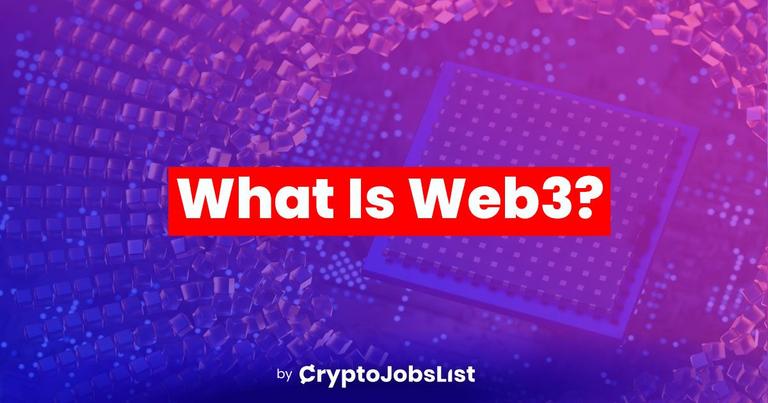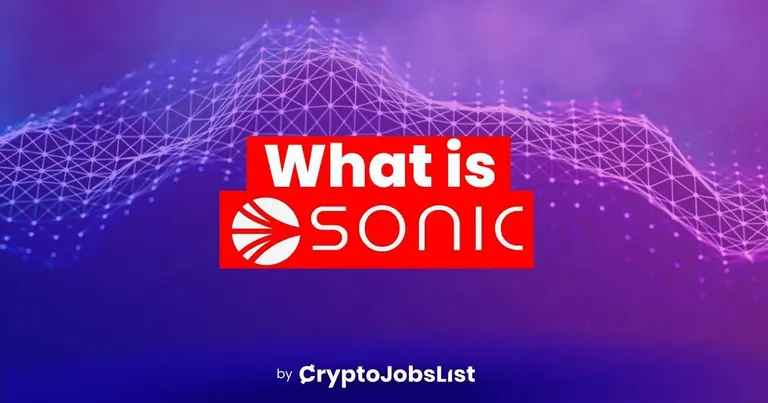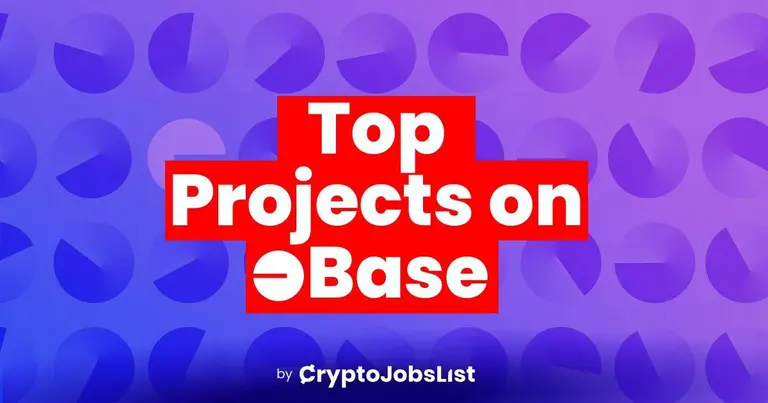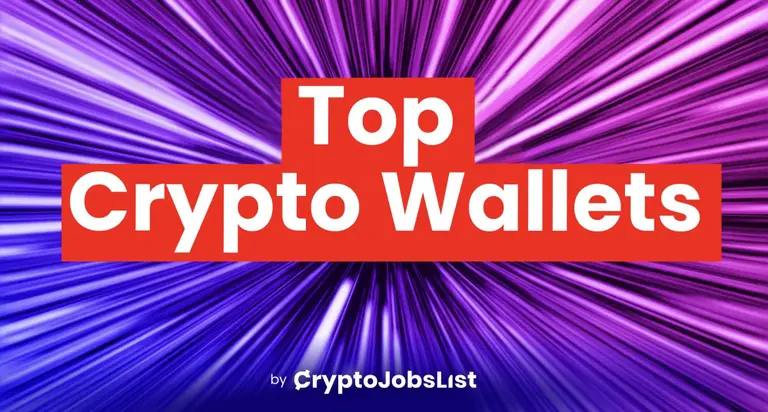Key Takeaways:
- Solidity is the primary programming language for creating smart contracts on the Ethereum blockchain.
- Understanding Solidity and its role in building decentralized applications (DApps) is essential for aspiring Solidity developers.
- Solidity interview questions cover various concepts, including data types, code structure, debugging processes, and best practices.
- Testing Solidity code and staying up-to-date with Solidity versions are critical to ensuring secure and efficient smart contract development.
- Mastering Solidity interview questions can open doors to exciting opportunities in the blockchain industry.
If you're interested in blockchain technology and smart contracts, then you've probably come across Solidity. As Ethereum's go-to language for smart contracts, Solidity plays an important role in the development of decentralized applications (DApps) on the Ethereum blockchain. But what are the key interview questions you need to know to land that Solidity developer role?
In this article, we'll discuss the top Solidity interview questions and provide you with a comprehensive understanding of the language and its applications. This is useful for both seasoned developers looking to brush up on their Solidity skills or newbies stepping into blockchain development. These interview questions will help you prepare.
So, grab a cup of coffee, and let's explore Solidity interview questions together!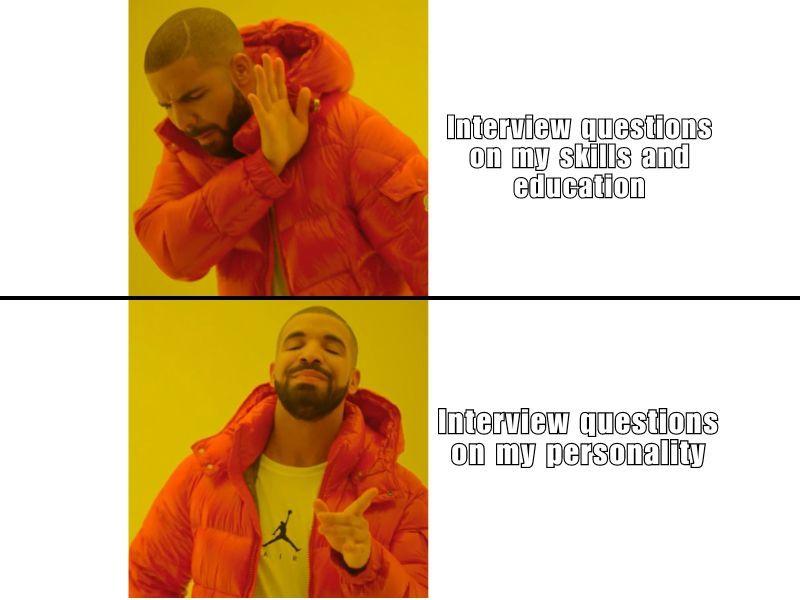
## Understanding Solidity and Smart Contracts In blockchain technology and cryptocurrencies, smart contracts play a role in enabling secure and automated transactions. At the center of smart contracts lies Solidity, Ethereum's go-to language for creating these programmable agreements.
So, what exactly is a smart contract? According to Coinbase, "A smart contract, like any contract, establishes the terms of an agreement. But unlike a traditional contract, a smart contract’s terms are executed as code running on a blockchain like Ethereum. Smart contracts allow developers to build apps that take advantage of blockchain security, reliability, and accessibility while offering sophisticated peer-to-peer functionality — everything from loans and insurance to logistics and gaming."
Now, why is Solidity so important to smart contract development? Ethereum, the second-largest cryptocurrency platform, relies on Solidity as its primary programming language. Solidity enables developers to write code that runs on the Ethereum Virtual Machine (EVM) and interacts with the blockchain.
As a Solidity developer, you'll have the power to bring decentralized applications (DApps) to life, revolutionizing industries like finance, supply chain management, and gaming. Solidity's syntax is influenced by JavaScript, making it accessible to developers with prior programming experience.
The Role of a Solidity Developer
As a Solidity developer, you'll have the responsibility of designing, coding, and maintaining smart contracts on the Ethereum blockchain. You'll need a deep understanding of blockchain technology, the Ethereum ecosystem, and the security implications of writing secure smart contracts.
Collaborating with other development teams, you'll work on building decentralized applications that leverage the power of smart contracts and blockchain technology. Your expertise will be sought after by startups, established companies, and even government entities as they work with decentralized finance and blockchain solutions.
By becoming a Solidity developer, you'll position yourself at the forefront of a rapidly growing industry with tremendous potential. As the demand for blockchain solutions continues to soar, your skills in coding, debugging, and auditing smart contracts will become invaluable.
So, if you have a passion for programming and a keen interest in blockchain technology, becoming a Solidity developer could be the gateway to an exciting and rewarding career.
Essential Concepts and Features of Solidity
Welcome to Solidity programming! As the go-to language for smart contracts on the Ethereum blockchain, Solidity plays an important role in the development of decentralized applications (DApps) and the advancement of blockchain technology.
Solidity is specifically designed to work with the Ethereum Virtual Machine (EVM), enabling developers to write code that runs on the Ethereum network. By understanding the fundamental concepts and features of Solidity, you can acquire the potential to build innovative blockchain solutions.
Overview of Solidity Programming
Solidity is a statically typed language, meaning that variables must have explicitly defined data types. This ensures efficiency and reliability in your code. By utilizing various data types in Solidity, such as integers, booleans, strings, and more, you can effectively manage and manipulate data within your smart contracts.
Solidity Code Structure and Syntax
When writing code in Solidity, it is important to have a clear understanding of its structure and syntax. Solidity code is organized into contracts, which are similar to classes in object-oriented programming. Contracts contain functions, variables, and modifiers that define the behavior and properties of the smart contract.
The syntax of Solidity is inspired by popular programming languages like JavaScript and C++, making it relatively easy for developers to grasp. However, it also introduces specific features and mechanisms that are unique to the blockchain environment.
Variables in Solidity
Variables in Solidity are used to store and manipulate data within smart contracts. They can be declared with different scopes, such as global variables that are accessible throughout the contract or local variables that are confined to specific functions or blocks of code.
Depending on the desired functionality, you can declare variables with different data types, specify their visibility, and assign initial values. Understanding how to work with variables in Solidity is important for building robust and efficient smart contracts.
Solidity in Building Decentralized Applications (DApps)
Solidity serves as the backbone for developing decentralized applications (DApps) on the Ethereum blockchain. With Solidity, you can create smart contracts that enable secure and transparent interactions within the decentralized ecosystem.
DApps built with Solidity have the potential to revolutionize various industries, including finance, supply chain, gaming, and more. By utilizing Solidity's features and integrating them into your DApps, you can create innovative solutions that reshape the way we interact with technology.
Mastering Solidity programming opens up a lot of possibilities in the blockchain domain. By familiarizing yourself with the core concepts and features of Solidity, you can enhance your ability to build intelligent and secure smart contracts, contribute to the advancement of blockchain technology, and become a sought-after Solidity developer.
Top Solidity Interview Questions and Answers for 2024
Having explored the fundamentals of Solidity basics and common interview topics, let's look into specific questions you might encounter in a 2024 Solidity developer interview, along with tips to craft impressive answers:
Understanding Core Solidity Concepts:
1. Explain the differences between storage variables and memory variables in Solidity.
Explain that storage variables are permanent and reside on the blockchain, while memory variables are temporary and exist only during function execution. Highlight the cost implications: storage is more expensive (gas) to access and modify compared to memory.
2. How do you ensure the reentrancy safety of your smart contracts?
Demonstrate your understanding of reentrancy attacks. Explain methods to prevent them, like using checks-effects-interaction patterns or reentrancy guards. Briefly discuss how these techniques work.
3. Describe the inheritance mechanism in Solidity and when it might be useful.
Explain how inheritance allows contracts to inherit functionalities from parent contracts. Discuss how this promotes code reusability and reduces redundancy. Provide an example scenario where inheritance would be beneficial (e.g., building a token standard with various implementations).
Advanced Solidity and Best Practices:
1. Explain the concept of gas in Solidity and its significance.
Discuss gas as the unit of computation on the Ethereum network. Explain how smart contract execution incurs gas costs, and how optimizing code can minimize these costs. Briefly mention factors affecting gas consumption (e.g., storage access, loops).
2. How would you approach testing a Solidity smart contract?
Highlight the importance of testing for functionality and security vulnerabilities. Discuss popular testing frameworks like Truffle and Hardhat. Briefly explain how these frameworks enable writing unit tests to simulate various scenarios and verify contract behavior.
3. Describe the role of the Solidity compiler and its output.
Explain how the Solidity compiler translates human-readable Solidity code into bytecode, a low-level machine code understood by the Ethereum Virtual Machine (EVM). Briefly mention different compiler optimization techniques to improve contract efficiency.
4. What are some security best practices to follow when writing Solidity smart contracts?
Discuss the importance of secure coding practices: avoiding unnecessary complexity, using trusted libraries, and employing access controls effectively. Briefly mention tools like static analysis for identifying potential vulnerabilities.
Keeping Up-to-Date:
1. How do you stay updated with the latest developments in the Solidity ecosystem?
Demonstrate your commitment to continuous learning. Discuss resources like the official Solidity documentation, blogs, and developer communities as ways to stay informed about new features, security updates, and best practices.
Bonus Tip: During the interview, showcase your problem-solving skills. If you're unsure about a specific question, explain your thought process and approach to finding a solution.
Understanding Functionality and Development:
1. Explain how to create a simple Solidity smart contract for storing and retrieving data.
Showcase your grasp of basic contract structure. Explain defining variables, writing functions (storing and retrieving data), and deploying the contract. Briefly mention concepts like visibility modifiers (public/private) for data access control.
2. How do tokens function within a Solidity smart contract? Briefly describe the ERC-20 token standard.
Demonstrate understanding of tokenized assets on blockchains. Explain how tokens represent ownership of digital assets and how they can be transferred within a contract. Briefly mention the ERC-20 standard as a common interface for token functionality.
Security and Error Handling:
1. What strategies can you employ to prevent Denial-of-Service (DoS) attacks on your smart contracts?
Highlight awareness of security threats. Discuss methods to mitigate DoS attacks, such as limiting gas usage per transaction or implementing rate limits for function calls. Briefly explain the reasoning behind these approaches.
2. How do you handle errors and exceptions in Solidity code?
Demonstrate knowledge of error-handling mechanisms. Explain using require and revert statements to check conditions and gracefully exit functions if errors occur. Briefly discuss the usage scenarios for each statement.
Solidity and the Blockchain Ecosystem:
1. Explain the relationship between Solidity and the Ethereum Virtual Machine (EVM).
Showcase understanding of the execution environment. Explain how Solidity code is compiled into bytecode that the EVM understands and executes. Briefly mention the role of the EVM in processing transactions on the Ethereum blockchain.
2. How do different versions of Solidity impact smart contract development?
Demonstrate awareness of versioning considerations. Discuss staying updated with the latest Solidity versions to benefit from new features and security improvements. Briefly mention potential compatibility issues with older versions deployed on the blockchain.
3. What are some advantages of using Solidity for developing decentralized applications (DApps)?
Highlight the strengths of Solidity for DApp development. Discuss its compatibility with the Ethereum blockchain, its secure nature for managing digital assets, and its growing developer community. Briefly mention its influence on other blockchain platforms.
By incorporating these questions and answers, you'll be well-equipped to tackle a broader range of Solidity interview scenarios in 2024. Remember, a strong understanding of the core concepts and best practices will position you for success as a Solidity developer.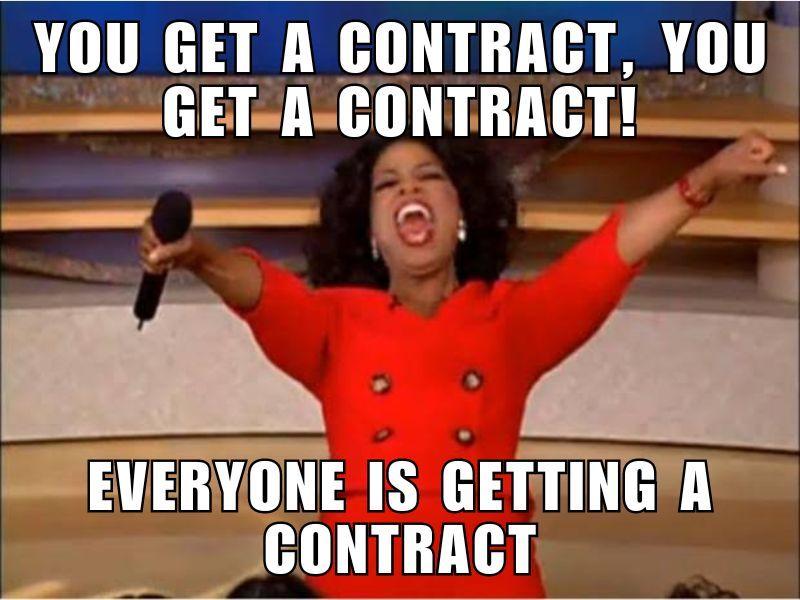
Personality-Based Solidity Interview Questions
According to FastCompany, "personality ranks third among hiring managers' considerations, according to a study by TopResume, a résumé-writing service. In fact, it's listed above a candidate's potential and education." While technical skills are important, interviews also aim to assess a candidate's personality and cultural fit. Here are some Solidity interview questions focused on personality, along with pointers for crafting responses that showcase your strengths:
1. What motivates you to pursue a career as a Solidity developer?
Express your genuine interest in blockchain technology and its potential. Highlight aspects that excite you, like building secure and transparent systems or the innovative possibilities of DApps.
2. Describe your ideal work environment. How do you prefer to collaborate with others?
Showcase your team player mentality. Mention your openness to learning from others and sharing knowledge. Discuss your preferred communication style (e.g., in-person discussions, online collaboration tools).
3. How do you approach problem-solving in a complex coding environment?
Demonstrate your logical thinking and ability to handle challenges. Briefly describe your debugging process: breaking down issues, researching solutions, testing fixes. Highlight your perseverance in overcoming obstacles.
4. Imagine you encounter a technical disagreement with a senior developer. How would you approach the situation?
Show your value for open communication and respect for expertise. Explain how you'd present your reasoning clearly while being receptive to feedback. Discuss your willingness to learn from more experienced colleagues.
5. How do you stay up-to-date with the evolving blockchain technology?
Highlight your proactive learning style. Mention resources you utilize, like online courses, conferences, or developer communities. Briefly discuss specific projects or technologies that interest you and how you stay informed about them.
Bonus Tip: Be enthusiastic and demonstrate a genuine passion for Solidity development. Show your eagerness to learn, contribute, and be part of a collaborative team environment. By understanding these key areas and practicing your responses, you'll be well-prepared to confidently tackle Solidity interview questions in 2024.
Frequently Asked Questions
Q1. What's my strength interview questions?
These questions assess your problem-solving skills in Solidity development. Showcase your debugging prowess by explaining how you break down complex Solidity contract issues, research solutions using online resources or the Solidity community, and test fixes to demonstrate your logical thinking.
Q2. Are Solidity Devs in demand?
Absolutely! The demand for Solidity developers is surging due to the growing blockchain community, with a global annual salary of $93,637. Solidity's ability to build secure and efficient smart contracts on Ethereum and other blockchain platforms makes it a highly sought-after skill.
Q3. What is your stability (fit) interview questions?
These questions gauge your cultural fit within the team. Express your passion for Solidity and blockchain, highlighting aspects that excite you like innovation or decentralization. Demonstrate your collaborative spirit and willingness to learn by discussing your preferred communication style and openness to feedback during the interview process.
Wrap Up
Congratulations! You've now reached the end of our comprehensive guide on Solidity interview questions and answers. We hope that this article has provided you with invaluable insights and information to help you excel in your quest to become a skilled Solidity developer.
It is important to regularly practice writing Solidity code, gain a deep understanding of the essential concepts, and keep up with the latest developments in Solidity programming. This will prepare you for Solidity job interviews that assess your knowledge, skills, and problem-solving abilities as a Solidity developer. If you are still unsure how to become a Solidity developer, feel free to read our article on "How to Become a Solidity Developer" and take the first step towards your dream career.
Ready to take the next step in your blockchain career? Head over to our Solidity jobs list to find the perfect Solidity developer position and launch your career into decentralized applications (DApps) and smart contracts! With a vast array of exciting opportunities listed daily, Crypto Jobs List is your one-stop shop for connecting with top companies in the blockchain space.
Don't wait! Showcase your Solidity expertise and land your dream job today.



